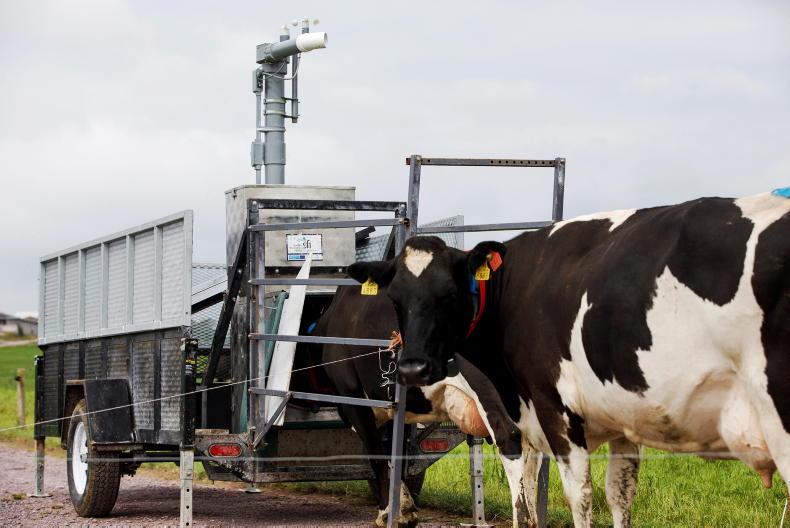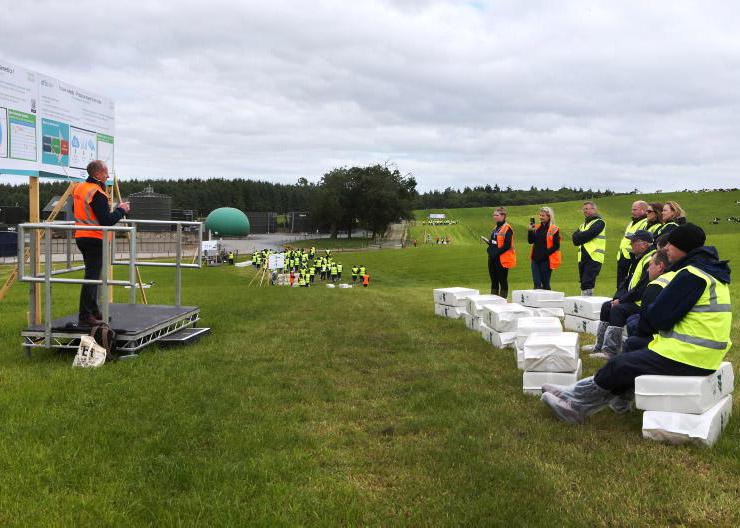Farmers are not getting the credit they deserve for reducing methane emissions, Professor Myles Allen of Oxford University has stated.
He commented that the current accounting system is 30 years out of date and needs to be changed.
The professor said: “Keeping numbers stable does much less damage than people think. If you can reduce methane emissions by 3% per decade then your methane emissions are not having any further warming impact on climate.
“If Irish agriculture manages to reduce methane emissions by 10% by 2030 that will be the equivalent of planting large numbers of trees and drawing CO2 out of the atmosphere in terms of your impact,” he commented on RTÉ Radio 1’s Countrywide.
“Farmers will be given credits, paid to plant trees, but if farmers have exactly the same impact on global temperature by reducing methane emissions they won’t get any credit at all,” he added.
Temperature
Allen who worked on the Global Methane Pledge said that the fossil fuel industry needs to clean up its act and fix leaking pipes, adding that Irish farmers have a case to make to Government and to the EU that “we should be reporting the impact of measures on global temperature not just their impact on nominal carbon footprint”.
Carbon footprint is misleading
He stated that the current carbon footprint calculation used at present is misleading and that reporting warming impacts on global temperature would be much more reflective of what’s happening.
Allen also explained how methane is a very powerful greenhouse gas and that emissions need to reduce.
“We have to stop increasing methane emissions and put them on a downward path, but the total amount of warming that will be avoided by reducing methane emissions by 30% is around one-tenth of a degree, so to put that in perspective that’s about the warming due to fossil fuel emissions like carbon dioxide since Paris, The Paris Agreement, in 2015.
“Yes, reducing methane emissions can help, but in the big picture it’s the accumulation of carbon dioxide from fossil fuels that is the elephant in the corner.”
Stabilising emissions
“Any increase in methane emissions has a big warming impact, more than four to five times what you’d think by looking at the conventional accounting system.
However, the professor added: “If you’ve got a herd of cattle that’s been around for generations and you haven’t been increasing or decreasing it then your methane emissions are three to four times less warming than would be implied by those conventional carbon footprint calculations.”










SHARING OPTIONS